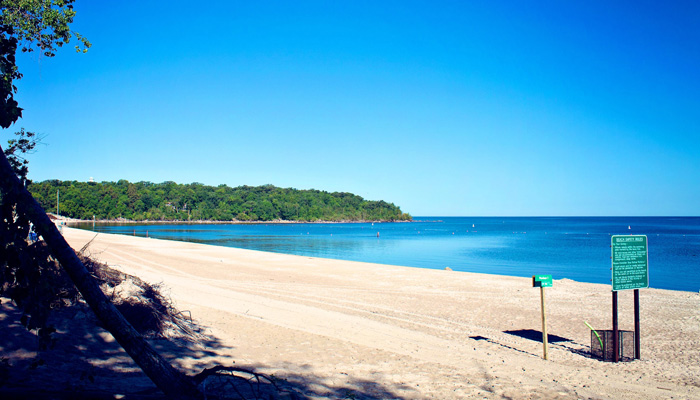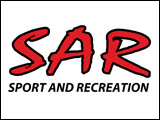The Manitoba government has lifted the annual liquor ban in provincial campgrounds this May long weekend.
“We know Manitobans love to get out and enjoy the great outdoors whenever possible, so we want to make this change and allow adults the opportunity to responsibly enjoy their experience at our provincial parks,” Sustainable Development Minister Rochelle Squires said.
The province will ensure alcohol-free camping is available all season at a number of provincial campsites, Squires noted, with special family-friendly, liquor-free camping bays at Birds Hill and Grand Beach provincial parks.
Most provincial campgrounds opened on May 11, but the May long weekend signals the start of the camping season for many people. Following a number of incidents in provincial parks directly attributed to alcohol, the province implemented a liquor ban during the May long weekend in six of the busiest provincial campgrounds in 1995. Due to the significant reduction in alcohol-related offences since this restriction was put in place, the department is lifting the long-standing May long weekend liquor ban in provincial campgrounds.
Another important change for campers and tourists to be aware of this year is the confirmed presence of the emerald ash borer and the designation of Winnipeg as a federally regulated area. This means firewood cannot be moved out of Winnipeg, and anyone caught transporting firewood could be fined/charged up to $1,300 for individuals or $15,000 for businesses.
Boaters and watercraft users are reminded to do their part in preventing the spread of zebra mussels and other invasive species. Before leaving any body of water, take the proper steps to:
- clean and remove any visible aquatic plants, invasive species or mud from the watercraft, trailer and all water-related equipment;
- drain all water from the motor, bilge, bait bucket, and any compartments before leaving the shore;
- remove all drain plugs before transporting watercraft over land;
- dry all water-related equipment and any hard-to-drain compartments that have contacted the water with a dry towel or sponge before placing it into another water body; and
- dispose of all bait used in a control zone water body in the trash prior to leaving the shore.




